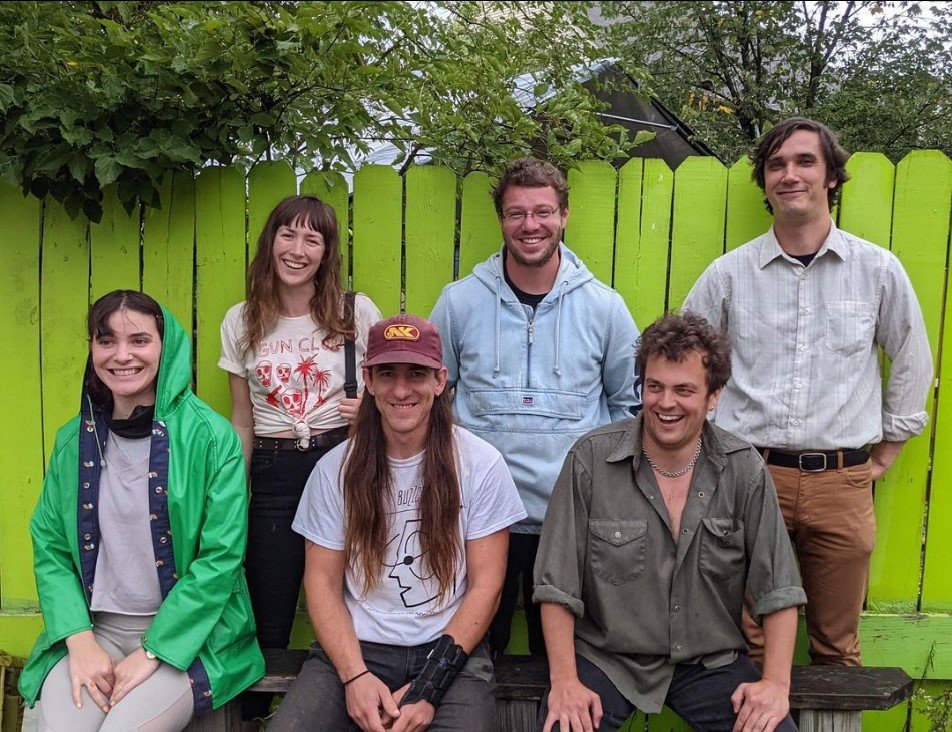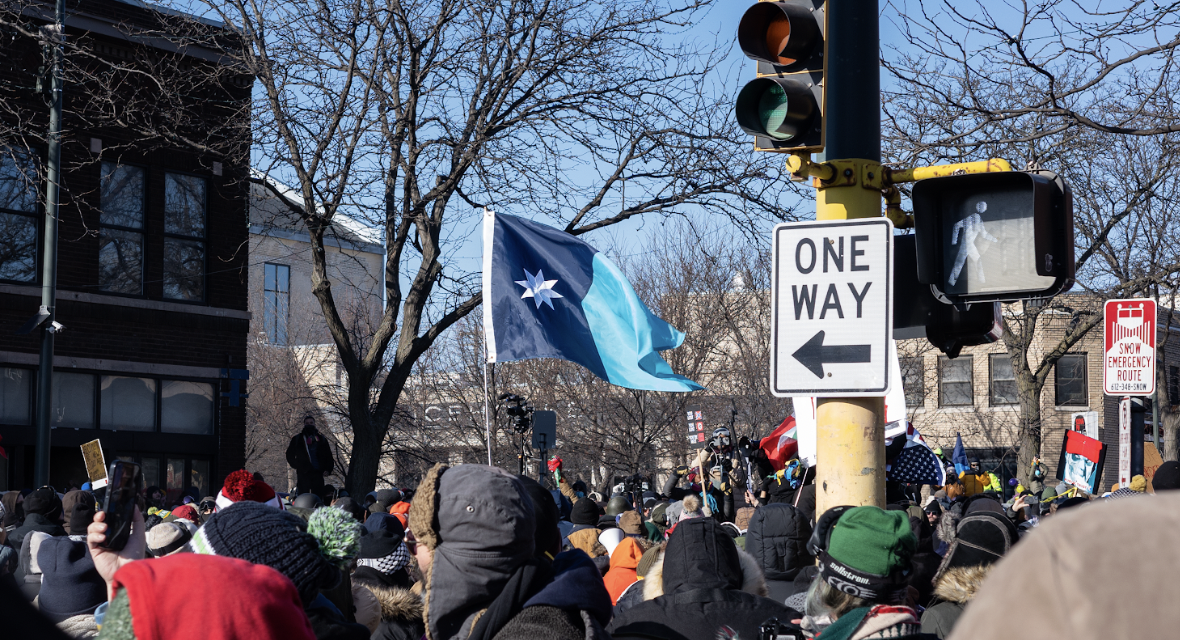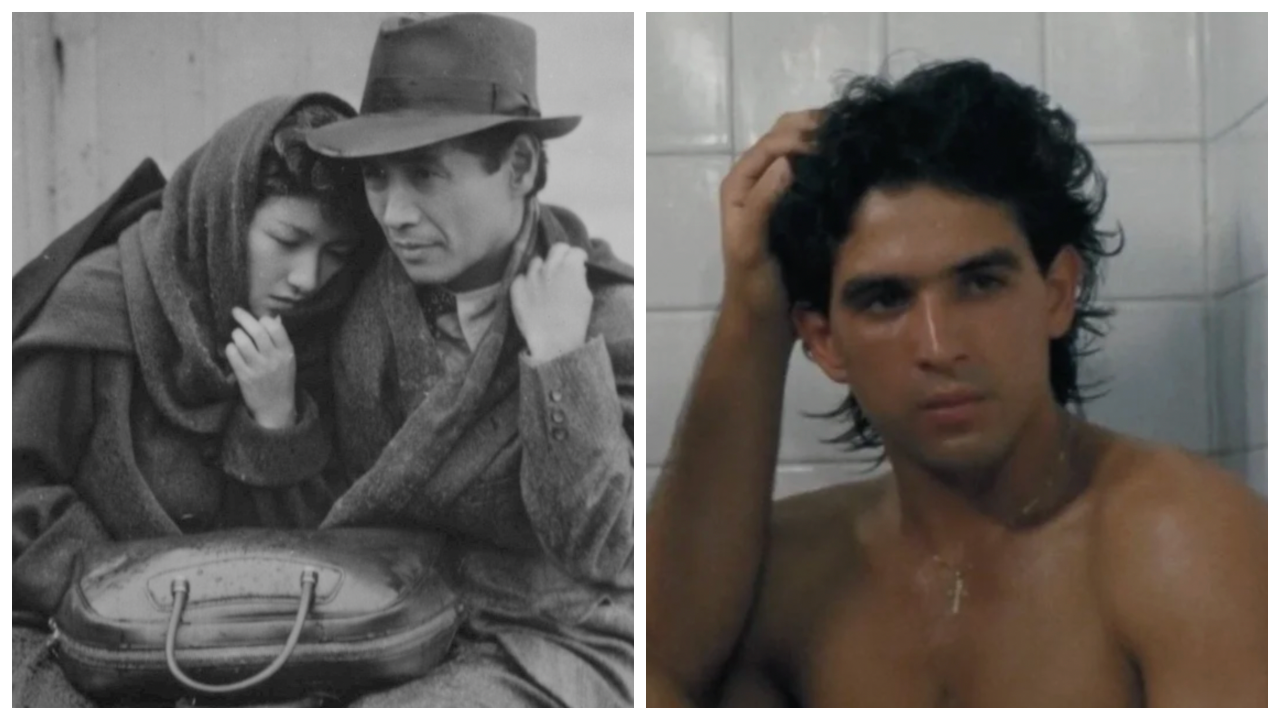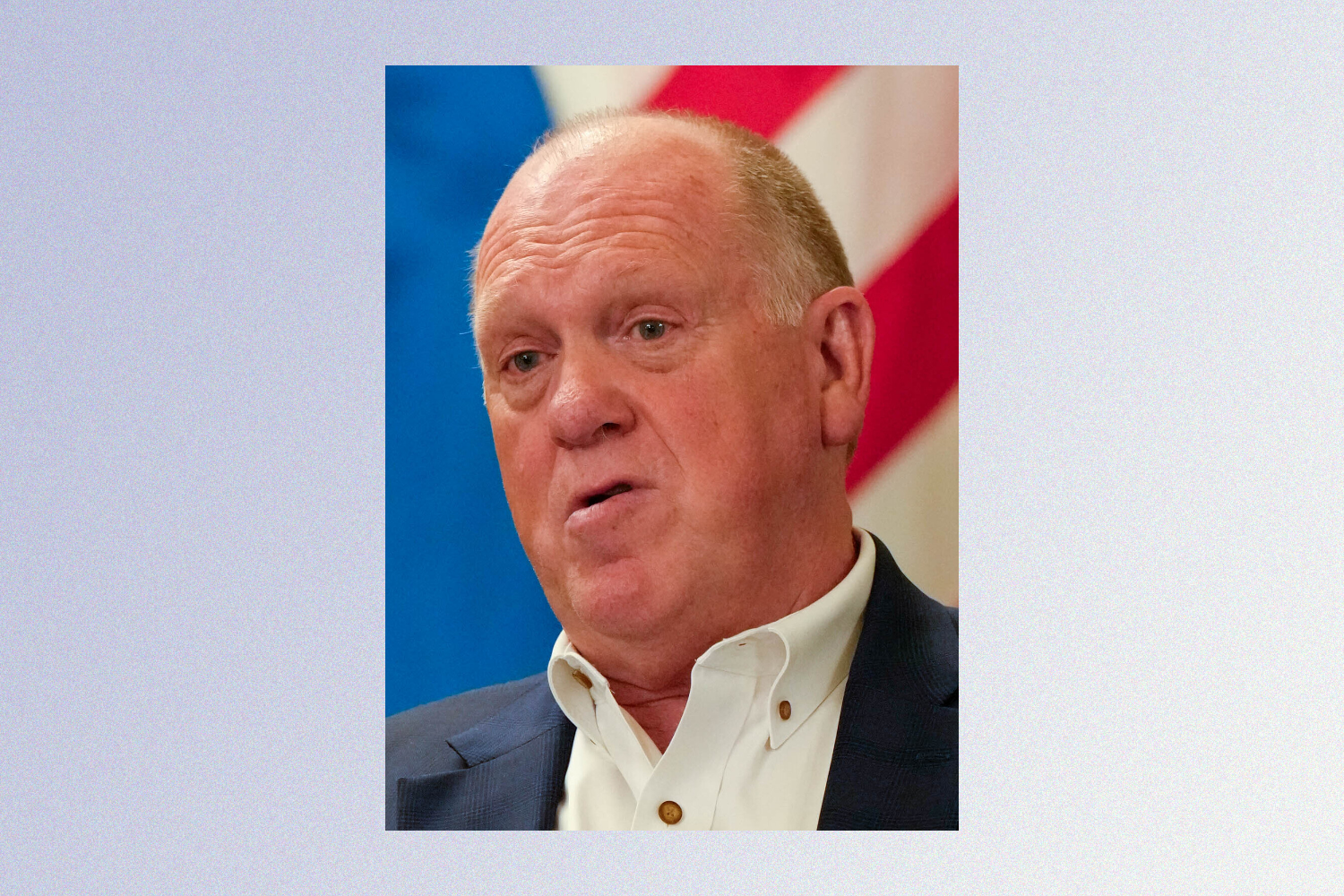Matt Castore spent 12 years running A Harder Commune Studio from the basement of his St. Paul house, where he recorded notable local bands such as Kitten Forever, Royal Brat, Color TV, and Condominium.
Then, as the story so often goes, the pandemic hit. No one was really recording; even if they were, Castore wouldn't have felt super comfortable having people traipsing in and out of his home.
"I had a room full of all this equipment just kind of collecting dust in the basement, and I wanted other people to be able to put it to use," he says.
The moment gave Castore a chance to re-envision what the studio could look like. What if it wasn't one guy, with a lot of experience, in a St. Paul basement? What if it was a collective of engineers and musicians, with decades of recording experience between them, in a real-deal studio space? He started contacting friends and acquaintances—folks he'd recorded or played with, anyone who'd ever said in passing that they might have an interest in audio engineering—and after after about two years of planning, Soft Cult Studio opened in May.
In addition to Castore (who's also the bassist in Scrunchies now) Soft Cult Studio's members are Mariel Oliveira, Jaxon Vesely, Dave Rupel, Mickey Shaw, and Katie Thornton. Their areas of expertise vary—Oliveira is an engineer and recording artist whose bands include IE, The Controversial New Skinny Pill, and XOXOTECH; Thornton is a musician and Peabody Award-winning multimedia journalist
What they share, in addition to their recording experience, is a philosophy about what a studio should look like: relatively inexpensive, barrier-free, unintimidating. Their vision for Soft Cult Studio is a place where DIY bands can come in and record in a nice studio, with high-quality equipment, where you can make a really professional-sounding record without the off-putting vibes of a million-dollar, over-the-top facility. Also? They want the experience to not suck.
"When you're a musician, it can also be really disempowering to go into a recording situation and feel completely at the whims of the engineer if you don't have your own knowledge base to back that up," Thornton says. "You can feel like you have all this ownership of the creative process as you're writing songs, and writing music, and then you have almost no ownership of how it gets recorded and what it can sound like."
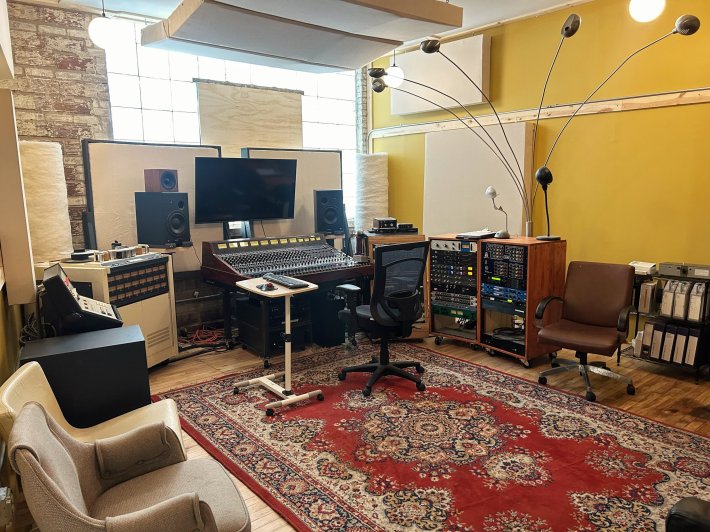
"I've run into a lot of people who are musicians, and come into the studio to record, and their view of recording is that they hate it, and think it's so scary and intimidating," Castore adds. "Which I can relate to! I get where that comes from."
They want to reduce some of that apprehension and make Soft Cult Studio a place where everyone can feel comfortable. They also hope bands who record here will walk out the door feeling more confident about recording in the future—whether that's with their studio or anywhere else.
For a long time, Thornton explains, engineering and recording have been spaces where "knowledge hoarding" is common, and where there's even a pride or coolness factor in having and keeping that knowledge for yourself. Soft Cult Studio's engineers feel exactly the opposite. "What we want to do is make people feel like they have the knowledge, or give people tools to gain some of that knowledge," she says, both while they're recording and after the fact.
As a means of getting that knowledge out there, Soft Cult's six engineers are even planning workshops and other events later this year that will offer hands-on experience on every step of the recording process.
So with Soft Cult's collective of six engineers... how does that work? Are all six of them huddled around in a booth while you record?
"If you want!" Castore laughs.
But since that would probably not be the best in terms of, ya know, reducing the intimidation factor, it's not usually how things go; instead, recording artists can choose the engineer they'd like to work with. Not sure which one that is? The Soft Cult six will work together to assign the project to an engineer based on a number of factors: their availability, the style of music, the scope of the project.
Thornton's expertise, for example, is in audio journalism. "So I feel like I get to brag about everyone else in the collective," she says. "All of the other engineers have this really awesome combination of formal training and experience, both mixing and recording... there's a really cool breadth of knowledge that spans formal training and just putting in the time, sitting in front of a screen or a tape machine, and making a record."
In addition to their shared vision for what the studio should offer artists, Soft Cult Studio Collective's members are aligned in their beliefs about what the studio should be for themselves. As a collective, they take a consensus-based approach to decision-making. They're paid for their work as engineers, but they're all volunteering their time to do the behind-the-scenes work of operating the business.
"From the beginning, I think we were all really aligned on what our vision for the group was, politically and artistically," Thornton says.
"We're just trying to help artists and musicians have more creative control at every step of the process," adds Castore.
